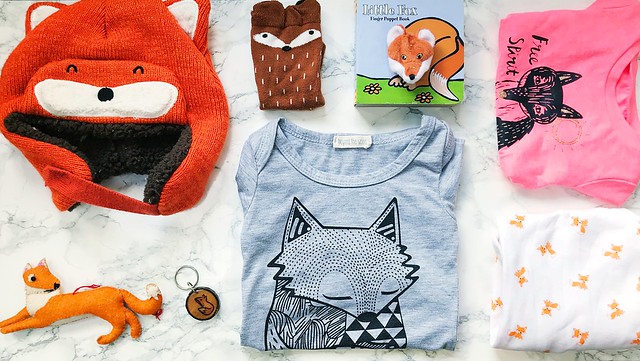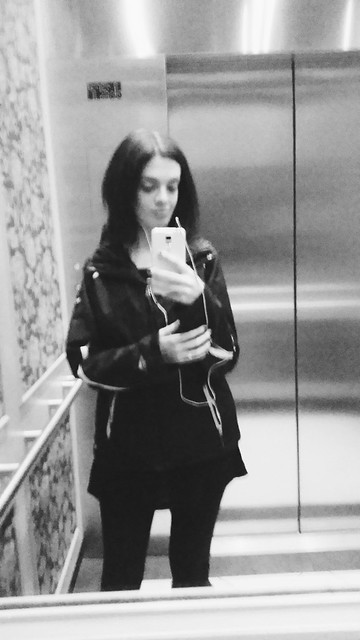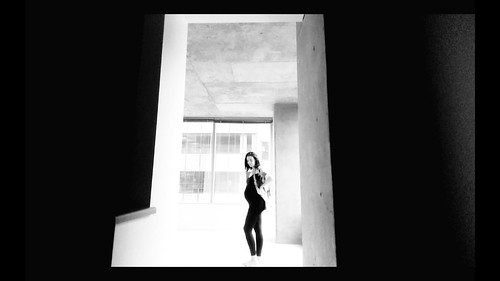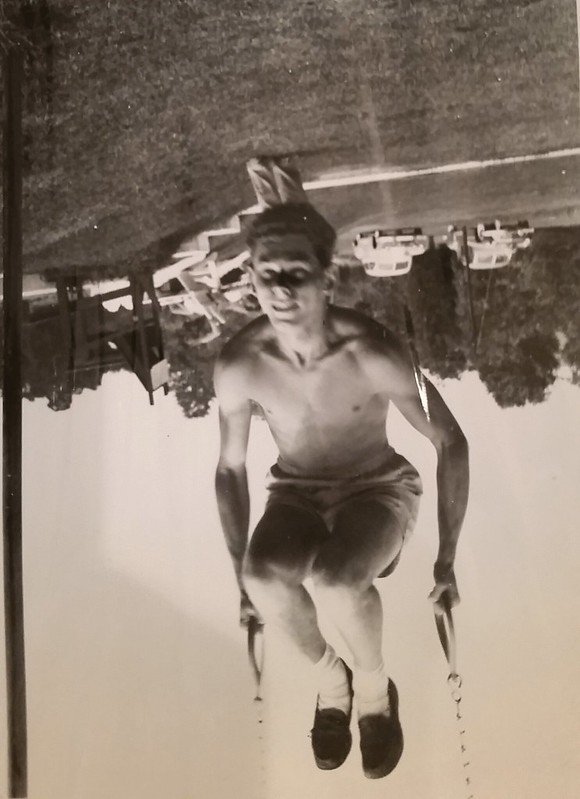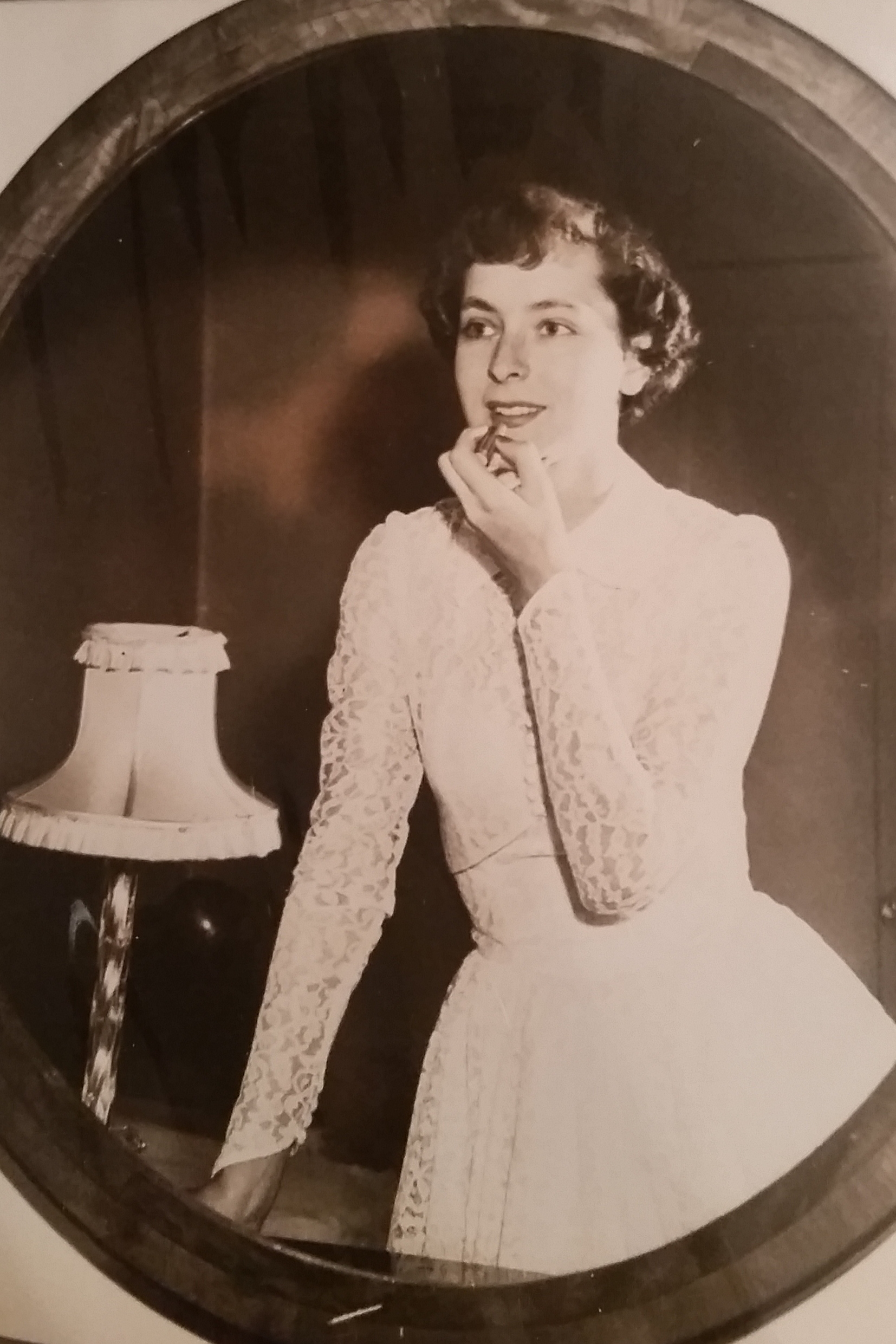To more accurately capture grief and the experience of miscarriage, we need to talk about what is often said or unsaid to those who have gone through it. It seems as though most people want to comfort those who have experienced a loss, but what they say is often unintentionally dismissive, hurtful, incorrect, or just plain ignorant. Good intentions, as they say, pave the road to hell.
As I opened up about my own miscarriage, I was met with many friends and family members who wanted to ease the hurt, but naturally, I received many comments that stung or illuminated their fundamental misunderstanding of the experience. On the other hand, I was also met with incredible empathy and support, mostly from friends who have also been educated in helping people through difficult experiences like this, but from internet strangers who have been down this road, too. I found quite a bit of support from a particular group of people trying to conceive after loss, and they helped me in ways that empathy from friends and family, attending therapy, and writing about the experience simply could not.
I heard comments running the gamut between incredible and horrifying, and I thought I would share some of what made things worse, what made things better, and what you may or may not want to say to a person you know who has suffered a pregnancy loss.
Don’t say:
“It was probably just a chromosomal abnormality and wasn’t ever a viable pregnancy anyway”
While it’s great that you’ve taken middle school biology, so has basically everyone else. Knowing the likely cause of a miscarriage doesn’t actually make the experience any easier. Like many people, I was well aware of why I miscarried, but why it happened doesn’t matter as much as the fact that it happened, period.
“It wasn’t really a baby yet.”
Again, it’s great that you remember something from your biology classes, but again, so do many people, and this really misses the mark. I know that a “baby” isn’t biologically more than just a mass of cells until a certain point. However, a baby to most people means far more than its gestational age. I don’t need a science lesson, I need the acknowledgment of how awful it is to lose a wanted, planned pregnancy. I need the acknowledgement of how much it sucks to lose a dream, to lose hope, to lose symptoms that reminded me daily that I was pregnant, to losing the possibility of holding an actual baby that I birthed in my arms. Whoever that person was, however unlike a “real baby” they were — they were still my child — logic and science be damned.
“At least you can get pregnant.”
I suppose that’s 1/4 of the battle, so yay, but…that doesn’t really say much. I mean, I couldn’t carry a pregnancy to term, apparently, but hey, AT LEAST I had the ability to become pregnant. Look: the issue is obviously not my ability to conceive, it’s the fact that I HAD A MISCARRIAGE.
“Everything happens for a reason.”
I know that this is well-meaning, that you want to bring sense to random suffering or believe there is some grand, cosmic plan for life when you say it, but this is not helpful at all. In fact, it can make people question their belief in god and their life choices. There is no sense, no plan for someone’s life that somehow includes a loss. Sometimes bad shit just happens, and there is no sugarcoating it, and no bright side.
“You can have another baby”
Probably, but what does that solve? What good is having another baby? Another baby won’t be THAT baby, the one I wanted. One cannot simply replace the other.
“At least it happened pretty early, it could have been worse.”
While you might think that losing a pregnancy early enough that it didn’t involve going to the hospital to birth a child is better than the other option, the prerequisite for grieving a loss is not being pregnant for a certain length of time. There are NO prerequisites to meet for a person to have full permission to grieve. Although another individual may have gone through something you deem to be “worse,” it’s not as though I can’t be upset about my own miscarriage because my experience looked a bit different.
“At least it only happened once. I know someone who has miscarried four times.”
A miscarriage is a miscarriage is a miscarriage whether it’s your first or fourth time. For me, it only happened once, but it only needed to happen once for it to change my life, upset me, or otherwise disturb my universe. One miscarriage, for any individual, is plenty enough. Don’t compare someone’s loss to another person’s loss in an attempt to make them feel better — all it does is invalidate their feelings and invalidate their loss. Like I said earlier, there is no prerequisite to meet before one is allowed to grieve.
“Maybe it was [something you did]”
No. Just, no. Your friend/family member/acquaintence/sister’s husband’s best friend’s wife did not cause their miscarriage by eating lunchmeat, drinking soda, having a glass of wine, laying on their stomach, exercising, walking up and down stairs, doing housework, holding their wiggling toddler, or whatever else you can think of. Don’t victim blame if for no other reason than the fact that it makes you a complete asshole.
“It happens to a lot of people.”
Yup, 1 in 4 pregnancies will end in loss — I get that. But what matters is that it happened to me, and I’m hurting, and it sucks. Knowing that it’s a rather common occurrence doesn’t erase the pain.
Nothing
Don’t ignore it, don’t say nothing. This contributes to the feelings of isolation many people have after a pregnancy loss, and may come off as insensitive, even though you may just not know what to say or if you should say anything at all. A simple “I’m sorry” or “I’m here for you” will absolutely suffice, and lets the person know that you’re there and you hear them.
Instead, say:
“I’m so sorry for your loss”
Condolences, and acknowledging why you are offering them is immensely validating. It doesn’t “fix” the problem, but it lets someone know that they are in your heart, that you recognize the shitty thing that happened, and that you care.
“This is very hard/painful/difficult/etc., I am here if you need to talk.”
Reflect what they feel. When you do this, you essentially clarify and restate what the other person is saying. It lets the person know that not only are you listening, but that you are trying to understand, and that you are there to help. Doing so can also help you to understand the other person, or even help the person clarify their thoughts and feelings. I found this to be extremely refreshing, especially coming from someone with no background in therapy (and who probably doesn’t think to implement reflective listening in their daily lives). I felt very understood and supported when hearing these words.
“Your feelings are valid, whatever they are”
Pregnancy loss can bring up all kinds of emotions, and this lets the person know that you recognize this and support them in those feeling, whatever they may be. When I was going through my miscarriage, this really helped me to remind myself that I had permission to be sad, angry, stunned, and confused, and I appreciated that someone took the time to tell me so.
“It’s not your fault.”
Logically, a lot of women who lose a pregnancy understand this. However, many can’t help but to question this, feel like their body was to blame, or feel like failures because they couldn’t prevent it. Reminding them that it is not their fault may seem simple and obvious, but it’s helpful to hear. While I knew that there was nothing I could do to prevent my miscarriage, emotion tended to trump logic. I felt like my body was just broken — that I was broken, and hearing these words really meant a lot.
“When/after I had my miscarriage…”
If you’ve had a miscarriage, you have deeper understanding of and a shared experience with another person who has had one. Talking about what helped you or how you felt (briefly, and with the intention of empathizing verbally with the other person) can be so helpful. I really appreciated when people shared their experiences with me, and it made me feel far less alone.
“I’ve heard of/am a part of/was a part of x website/community/group that offers support. I can tell you the names if you’re interested, now or when and if you’re ready”
If you have a resource, share it. They may or may not want to know immediately or ever, but it gives them the opportunity to decide for themselves. I am so thankful for the people who told me about all the different ways to get support and interact with other people who have also miscarried. I have made friends through these interactions, and it feels nice to know that there is a group of people who just “get” you, who you don’t have to explain things to, who hold space — all the time — for you.
“I wish I knew what to say, but I just don’t. This is awful, and I’m always here for you.”
If you don’t know what to say, say so. Your friendship, compassion, understanding and empathy are always welcome, and really, those things matter more than anything you can say.
If you’re so inclined, you can send a card. The website I linked to has very nice ones that aren’t cheesy, dismissive, or otherwise weird. I deeply appreciated the sentiments on these cards, and it was so nice when someone made an effort to seek these out just to make me feel better.
Before I conclude this post, I also want to remind you that unless you are explicitly given permission, DO NOT share a person’s news with anyone else. It is not your place — ever, no matter the circumstance — to tell her other friends or even family members. There is kind of an unspoken rule in society that you can tell your own spouse, but please don’t share with anyone else outside of this. She may not be ready to tell anyone else, or may not even intend to tell anyone else. Assume, always, that what you have been told, you have been told in confidence.
And there you have it, things you may or may not want to say to a person who loses a pregnancy. It may seem like the trillionth post on the internet about this, but it’s for a reason. The more we spread this information, the more real, genuine support others if they ever find themselves suffering through a pregnancy loss.
